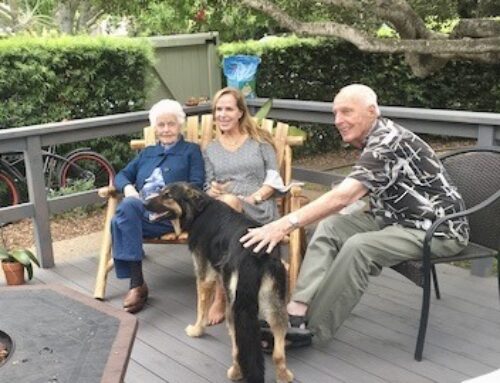“In life, all good things come hard, but wisdom is the hardest to come by.” Lucille Ball
At some point, we face loss. A friend, lover, spouse, divorce, or death maybe we exit, or someone else’s decision to leave the relationship we once knew.
I have been through a divorce; at that time, my spouse and I were not capable of saying goodbye. I held onto anger and did not handle my inner turmoil for years. We didn’t close our emotional connection, therefore prolonging closer. My ex-husband compartmentalized and remarried. We got together years after our divorce and sat down with a long letter and tears; it was the ending we could not manage sooner.
I have known a breakup with a person who emotionally abused me; I was afraid to leave. I didn’t do well at ending what I needed to end; I felt wrong about the way I handled myself. I changed my mind over and over. He was the drug that I needed to give up, but I struggled to let go. It was tough to understand the complexities of abuse. Leaving was painful but eventually healthy. All in my book “A Man for Every Purpose, My Naked Journey Searching for Love.”
I have said goodbye to people who were dying. Who were significant in my life. All of life can have an impact on our hearts and our days. I have had people die suddenly tragically from an accident where goodbye was not possible.
Whether loss was expected or not, you can feel overwhelmed, and your ability to function can be impaired. You may be left feeling saddened, bewildered, and anxious. Life can seem unrecognizable.
Being unable to say goodbye is challenging to come to terms with. There is no gradual transition, no time to make changes in yourself or the impact it makes on your life. Time can become irrelevant, with a sense of before and after of how your world was and how it is now.
A weighted sense of what was unsaid, undone.
For those who have lost without being able to say goodbye, grief symptoms can persist longer. It can make the physical and emotional shock of acute grief symptoms last longer.
The impact of loss can last a lifetime and change how we think about the world. It can prompt you to prioritize. You know that marriage, love, and life have no guarantees of tomorrow.
I have been told the five stages of grief may not show up in order. I understand it is good to accept your feelings as they show up and acknowledge what you are going through.
Lean into the process. If you get stuck in one of the phases, seek professional help.
1. Denial: When you experience a significant loss, it’s natural to deny the reality of the situation either explicitly or implicitly as a coping mechanism.
2. Anger: As the emotional and physical symptoms of grief start to take hold of you, you might find yourself lashing out. This is also the phase when you’re most likely to contemplate the unfairness of mortality.
3. Bargaining: During this period, you’ll likely spend substantial time asking yourself what you could have done differently. You make efforts to change an already permanent and indelible situation mentally.
4. Depression: At this point, all the sadness the loss has caused comes rushing in without any filters. You become acutely aware of the permanence of the situation.
5. Acceptance: Honestly, pieces of grief may never wholly close; it is customary always to miss the person or circumstance you lost. However, when you have accepted, well-being will return as you learn to cherish memories while moving forward.
My Mantra: “None of us are alone regarding goodbyes.”
@katiellindley Ode to Santa Barbara Sunsets #fall#santa Barbara #friends #sundaynifht dinner #katiellindley
Join Sex•Love•Mantra Newsletter!
Monthly Dating Stories and Advice
Thank you for your continued love and support









